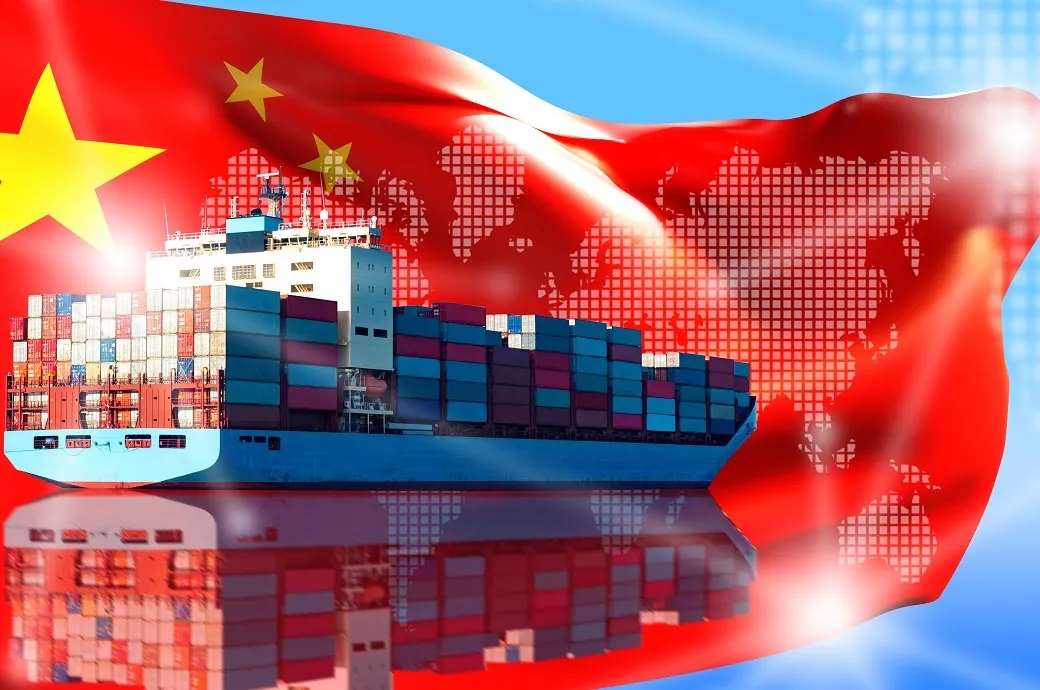The VDMA, representing over 3,600 German and European mechanical and plant engineering companies, warns that the European Union's plan to ban all PFAS (per- and polyfluoroalkyl substances) would pose significant risks to industrial processes.
In particular, the textile manufacturing sector would be severely impacted, facing a double blow. Firstly, essential chemicals for technical textile production would be excluded, and secondly, crucial textile machinery components made of solid PFAS would become unavailable, disrupting the entire supply chain.
The use of PFAS, such as PTFE and FKM, in textile machinery is vital, especially in extreme operating conditions. These materials, classified as "polymers of low concern" by the OECD, are not harmful to the environment and are properly managed during disposal or replacement.
The VDMA argues that these specific PFAS, as used in textile machinery, should be exempted from the ban, following the UK's differentiated approach to PFAS substance groups. Textile dyeing machines, drying machines, damping machines, and other key equipment for sustainable textile production heavily rely on PFAS components.
If the ban is imposed, many machines critical to sustainable textile manufacturing will be affected. VDMA Textile Machinery plans to participate in the ongoing EU public consultation, advocating for the preservation of key functionalities and safe conditions of use in the textile machinery sector. They stress that the ban's implementation could have severe consequences for companies and customers within the EU. VDMA represents a significant portion of the EU-27's workforce, with around 3 million employees, 1.2 million of whom are in Germany alone.
The mechanical and plant engineering sector is the largest employer in the capital goods industries, representing a substantial turnover volume and dominating machinery sales within the EU.











